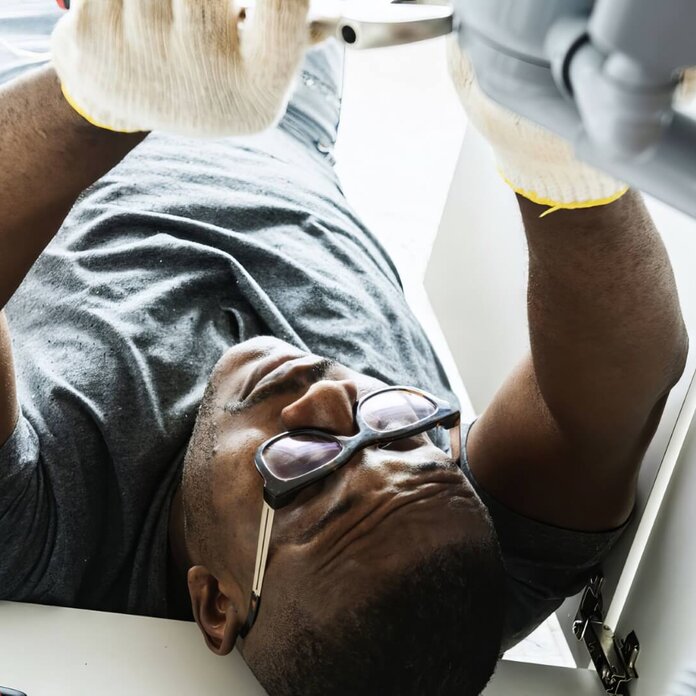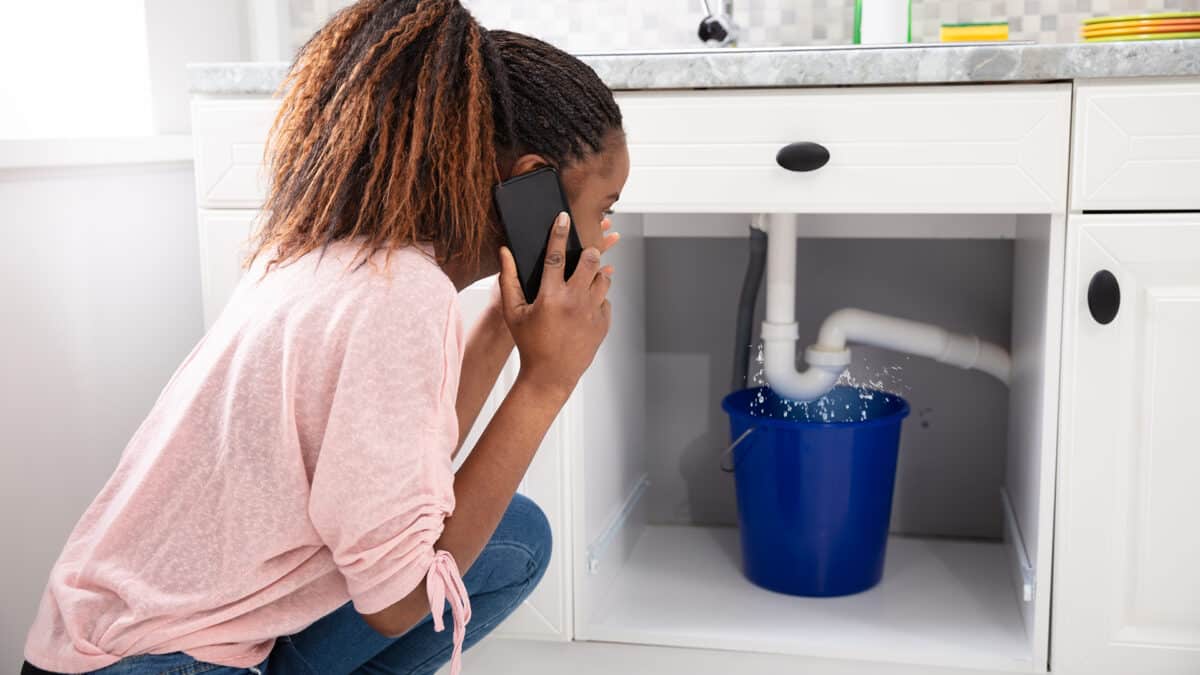Emergency Plumbing Tips: How to Manage Issues Until Support Arrives
Emergency Plumbing Tips: How to Manage Issues Until Support Arrives
Blog Article
We have found this post pertaining to What to Do While Waiting for an Emergency Plumber directly below on the web and felt it made good sense to talk about it with you on my blog.

Plumbing emergencies can strike any time, triggering anxiety and prospective damage to your home. Whether it's a burst pipeline, a clogged drain, or a dripping faucet, understanding just how to take care of the situation up until a specialist plumber shows up can save you from additional difficulties. This article offers necessary emergency plumbing ideas to assist you minimize damages and regain control during a pipes dilemma.
Shut off the Water Supply
The initial step in any kind of plumbing emergency situation is to shut off the supply of water. For local concerns, such as a dripping tap or toilet, shut off the shutoff near the component. When it comes to a major leak or burst pipe, find your home's major water shut-off shutoff and turn it off instantly. Understanding the area of these shutoffs beforehand can save useful time throughout an emergency.
Shut Off Your Water Heater
In specific emergencies, such as a burst pipeline, it's important to shut down your hot water heater. This prevents overheating or damage to the system when water quits moving. Switch off the power supply to the hot water heater (electrical or gas) and allow it cool off to prevent prospective dangers.
Briefly Stop a Burst Pipe
A burst pipeline can bring about substantial water damages in mins. To reduce the problem:
Call a professional plumbing professional promptly to attend to the issue permanently.
Have an Emergency Situation Pipes Set
Prepare a standard pipes emergency package to take care of small problems efficiently. Your kit needs to consist of:
Having these devices accessible can make a substantial difference in your capability to take care of emergency situations.
Unclog Drains Pipes Safely.
A clogged drainpipe can be an irritating and untidy problem. Here's just how to tackle it:.
If these techniques do not work, stay clear of utilizing too much force, as it might worsen the obstruction.
Take Care Of Overflowing Toilets.
An overflowing commode can cause instant chaos. Right here's what you need to do:.
Address Tiny Leaks with Momentary Fixes.
Little leakages can quickly end up being substantial issues if left untreated. Use these momentary fixes up until specialist aid arrives:.
While these solutions aren't irreversible, they can aid decrease water loss and damages.
Handle Frozen Pipes Thoroughly.
In colder climates, frozen pipelines are an usual emergency situation. If you suspect a frozen pipe:.
Know When to Call a Professional.
While quick fixes can help temporarily, certain plumbing issues require immediate professional attention. Call a plumbing technician if:.
Immediately calling an expert guarantees the problem is dealt with correctly and prevents more issues.
Stop Additional Damage.
Taking fast activity to lessen damage can save you money and time in the future. Right here's exactly how:.
Final thought.
Pipes emergency situations can be overwhelming, yet with the ideal knowledge and devices, you can handle the situation properly up until help gets here. By shutting off the water supply, attending to tiny leaks, and making use of short-term solutions, you can minimize damages and keep your home safe. Keep in mind, these pointers are short-term remedies; always consult an accredited plumber to deal with the origin of the problem. Preparation and fast thinking are your finest allies in any kind of plumbing emergency.
8 Helpful Tips for Managing Plumbing Emergencies at Home
If your plumbing system hasn’t failed once, wait for it because almost everyone has a story to tell. Sometimes, it could be simple emergencies such as a leaking pipe, a blocked cistern, or even a big burst pipe. In situations like this, you need to have some handy tips to save you some money and from possible damages.
Take care of minor issues early.
Sometimes, you could have avoided an emergency by taking proactive measures while it was still early. Some major plumbing emergencies can be a result of an ignored minor issue. We recommend that you have items like plumbing tapes and other related items. A plumbing tape can allow you to manage minor leaks before the plumber arrives.
Cut off the water supply.
This tip is essential in almost any type of leakage problem. For problems like minor leakages in the toilet or kitchen, turn off the supply that takes water to the affected pipes. If the leakage is a major pipe, you must shut off the supply valve to the entire building. This will help you avoid flooding your home and neighbors if you share a flat.
Know your plumbing system
Folks typically move into a new apartment without understanding the water supply around the building. This can prove disastrous if a water emergency arises and the plumber is far away. The previous tip will prove useless if you don’t practice this one. More importantly, know where your water shut-off valve is located – you’ll need that knowledge to prevent potential home floods.
Have some common handy tools
There are lots of plumbing emergencies that you can handle without hiring a plumber. That’s why you must keep some tools available always. Some tools that you can use to fix simple plumbing emergencies easily include plumbing tapes, screwdrivers, thread seal tapes, plungers, pliers, tape measures, and rubber gloves.
Insulate your pipes from cold
You’ll save yourself from many plumbing expenses if you protect your water pipes from the cold. This is because of the harmful effects that cold weather can have on your pipes. During winter, your pipes can burst from being overly expected to freezing temperatures. So, make sure insulators are there to keep the pipes working correctly.
Avoid practices that will clog your toilet.
Many people indulge in practices that can damage the plumbing system of the entire building. One of these is when they use their toilet to dispose-off garbage. They flush all kinds of things, such as paper towels, bandages, hairs, female sanitary products, etc., down the toilet. This will block your toilet in the long run, incurring unnecessary expenditures. Dump such waste in the trash instead.
Check your dials regularly.
Sometimes, there could be leakages in your home without noticing them in time. So, constantly monitor your water meter dial. If the dial is reading when there is nobody using water, this is an indicator that there is leaking. Check for leaks immediately. Call a plumber as soon as possible if you can’t find any.
https://www.constructionplacements.com/8-helpful-tips-for-managing-plumbing-emergencies-at-home/

As a passionate reader on What to Do While Waiting for an Emergency Plumber, I figured sharing that piece was really useful. Sharing is nice. Who knows, you may very well be helping someone out. Kudos for your time. Please visit our blog back soon.
Need Help? Hire Us Now! Report this page